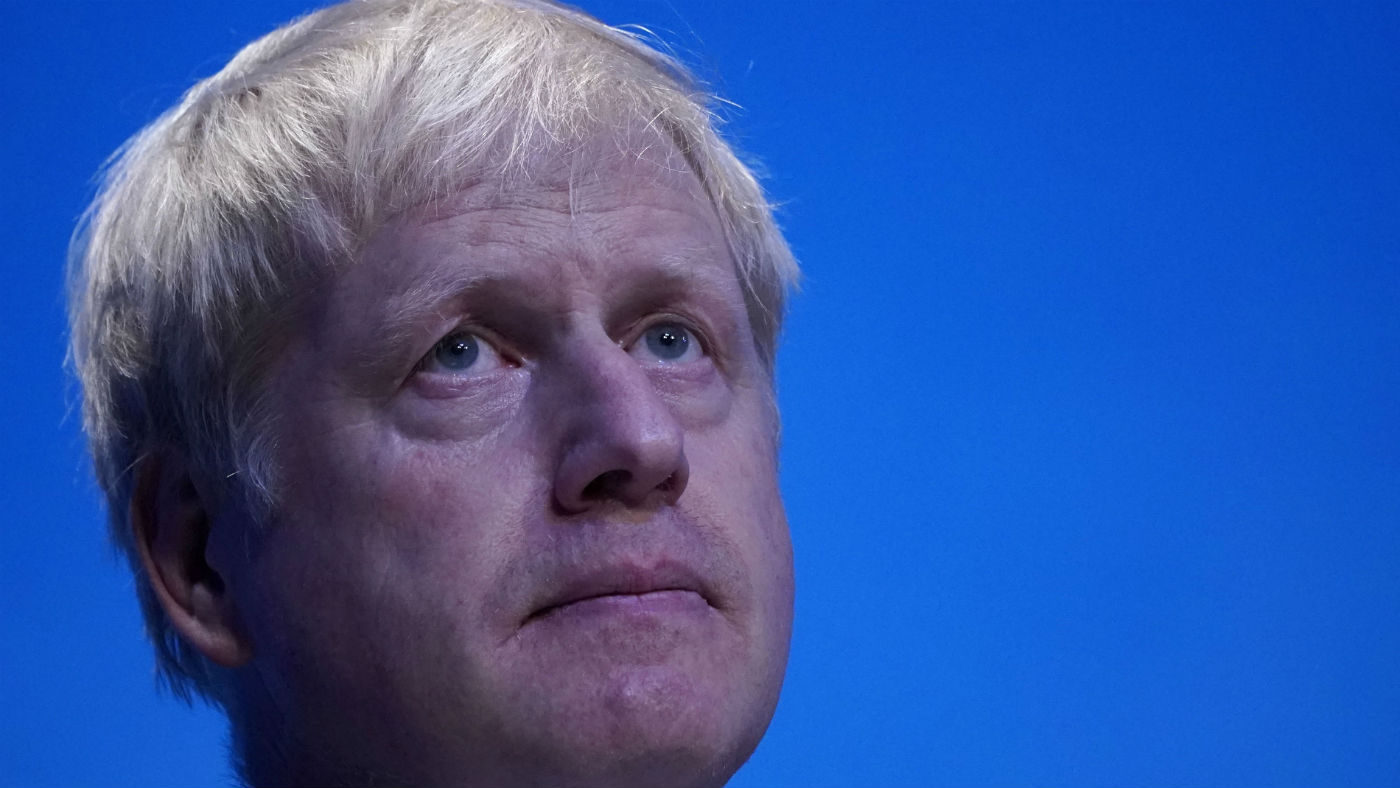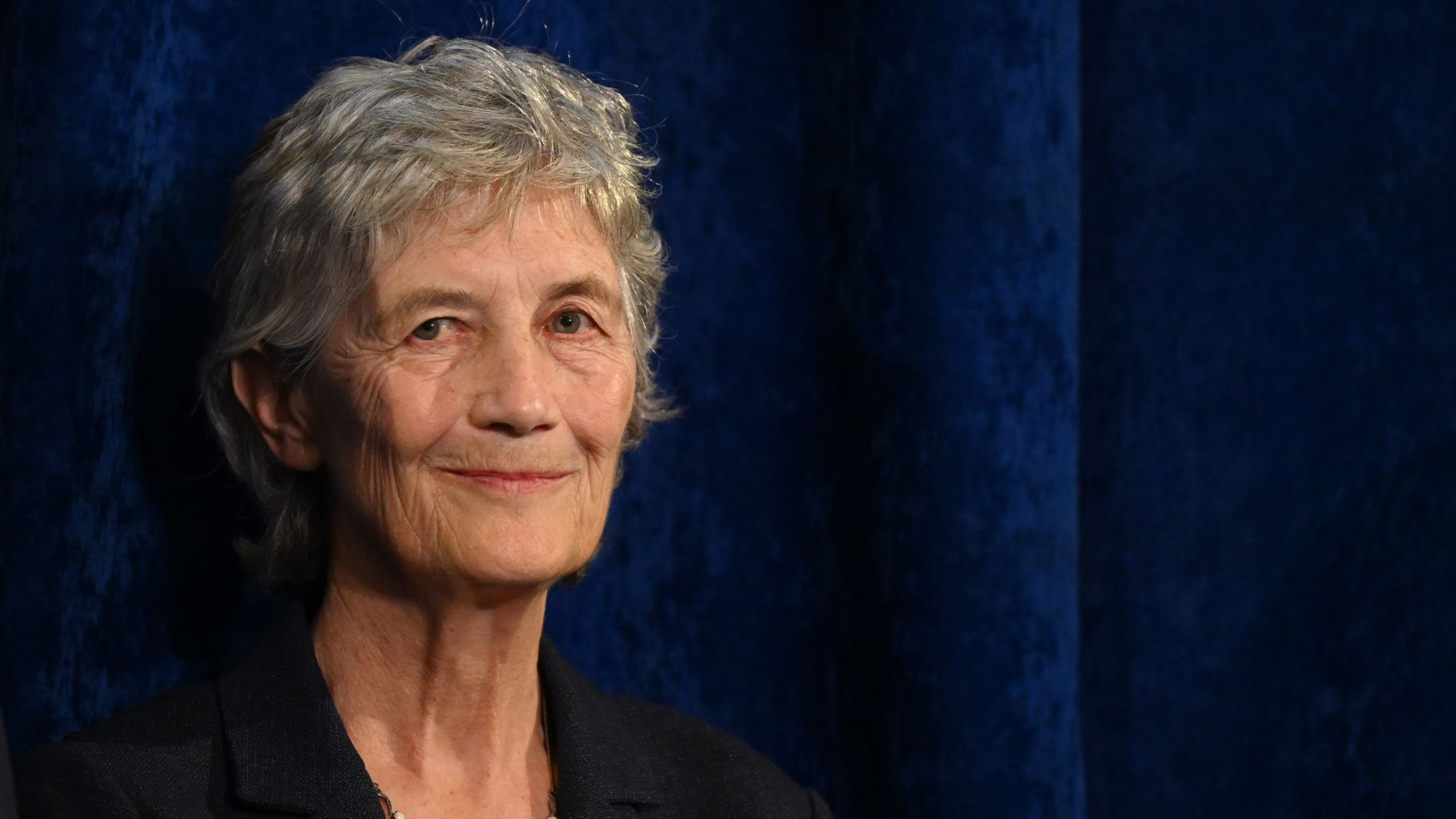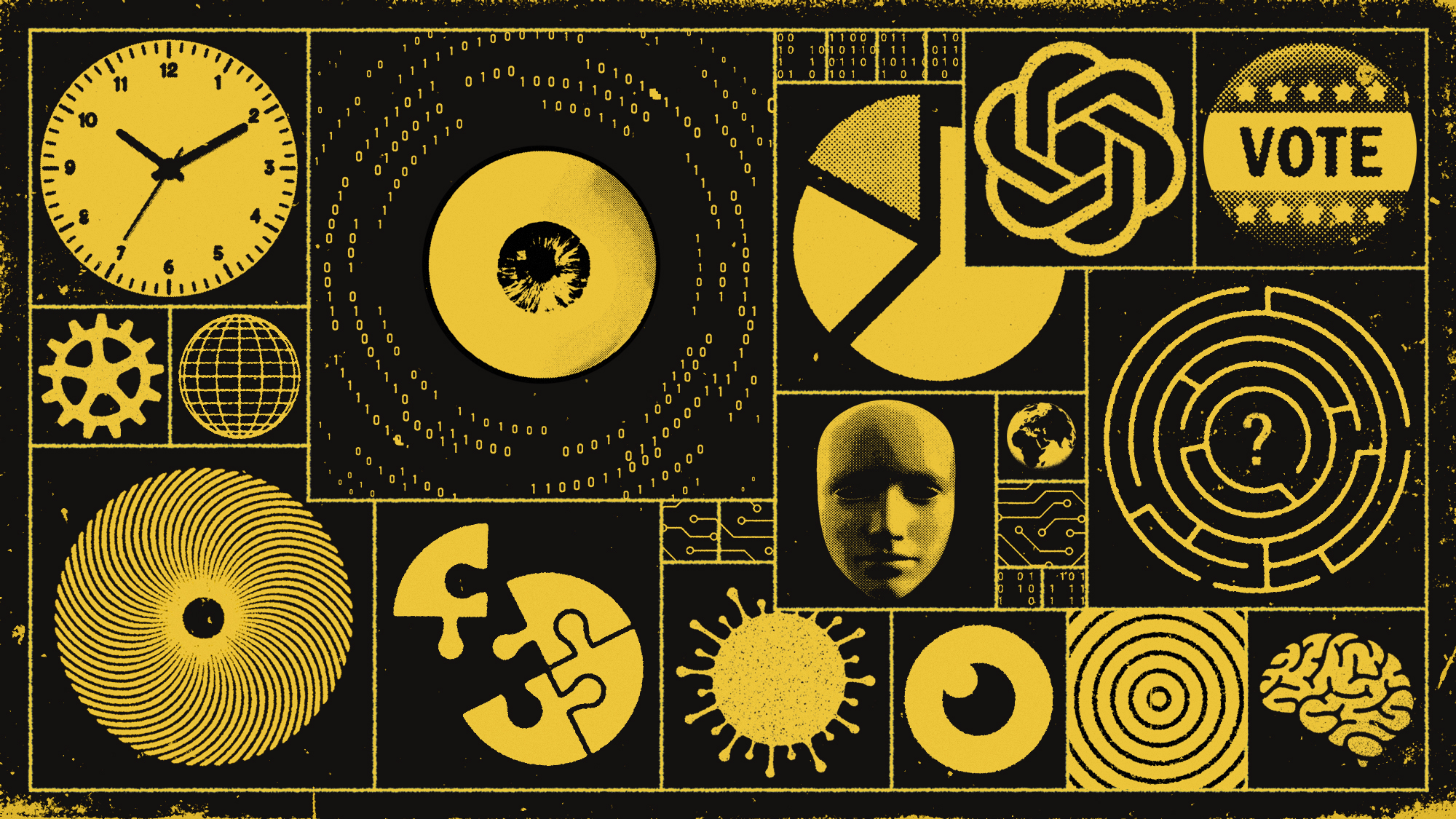Johnson and Varadkar clash over Irish backstop in phone call
Taoiseach tells Johnson that EU will not scrap backstop as part of reopening Brexit talks

A free daily email with the biggest news stories of the day – and the best features from TheWeek.com
You are now subscribed
Your newsletter sign-up was successful
Boris Johnson and Irish Taoiseach Leo Varadkar have clashed over the Irish backstop during their first phone call.
According to reports, Varadkar told the new British prime minister that the European Union is unanimous in the view that the backstop cannot be scrapped and the withdrawal agreement will not be reopened.
But Johnson took an opposing stance, reiterating his position that he will only agree to a Brexit deal that “abolishes” the backstop. This is, the BBC says, something that both Dublin and Brussels have “refused to consider”.
The Week
Escape your echo chamber. Get the facts behind the news, plus analysis from multiple perspectives.

Sign up for The Week's Free Newsletters
From our morning news briefing to a weekly Good News Newsletter, get the best of The Week delivered directly to your inbox.
From our morning news briefing to a weekly Good News Newsletter, get the best of The Week delivered directly to your inbox.
Johnson is also reported to have told Varadkar that the British government “will never put physical checks or physical infrastructure” on the Irish border “in all scenarios” after Brexit.
A spokesperson for the Irish leader said: “The Taoiseach emphasised to the prime minister that the backstop was necessary as a consequence of decisions taken in the UK and by the UK government.”
The spokesman added: “Alternative arrangements could replace the backstop in the future, as envisaged in the withdrawal agreement and the political declaration on the future relationship, but thus far satisfactory options have yet to be identified and demonstrated.”
Moving forward, Varadkar also invited Johnson to Dublin to continue their discussions on Brexit, and also to chew over ongoing efforts to restore a power-sharing agreement in Northern Ireland.
A free daily email with the biggest news stories of the day – and the best features from TheWeek.com
Downing Street’s account of the call did not reference a possible trip to Dublin, but the pair were said to have “agreed to stay in contact” while Johnson was “looking forward to visiting Northern Ireland shortly”.
Although Number 10’s account of the call did not make any reference a potential trip to Dublin, the two leaders were said to have “agreed to stay in contact” while Johnson was “looking forward to visiting Northern Ireland shortly”.
The Guardian says the conversation was set to be tense from the start as Johnson “had been accused of snubbing Varadkar by leaving it so long to speak to him,” despite the Irish leader being “central” to Brexit progress.
It was pointed out at the weekend that Johnson had already spoken to five leaders around the world including US President Donald Trump, Canadian Prime Minister Justin Trudeau, German Chancellor Angela Merkel, French President Emmanuel Macron and President of the European Commission Jean-Claude Juncker.
-
 Why is the Trump administration talking about ‘Western civilization’?
Why is the Trump administration talking about ‘Western civilization’?Talking Points Rubio says Europe, US bonded by religion and ancestry
-
 Quentin Deranque: a student’s death energizes the French far right
Quentin Deranque: a student’s death energizes the French far rightIN THE SPOTLIGHT Reactions to the violent killing of an ultraconservative activist offer a glimpse at the culture wars roiling France ahead of next year’s elections.
-
 Secured vs. unsecured loans: how do they differ and which is better?
Secured vs. unsecured loans: how do they differ and which is better?the explainer They are distinguished by the level of risk and the inclusion of collateral
-
 How corrupt is the UK?
How corrupt is the UK?The Explainer Decline in standards ‘risks becoming a defining feature of our political culture’ as Britain falls to lowest ever score on global index
-
 The high street: Britain’s next political battleground?
The high street: Britain’s next political battleground?In the Spotlight Mass closure of shops and influx of organised crime are fuelling voter anger, and offer an opening for Reform UK
-
 Biggest political break-ups and make-ups of 2025
Biggest political break-ups and make-ups of 2025The Explainer From Trump and Musk to the UK and the EU, Christmas wouldn’t be Christmas without a round-up of the year’s relationship drama
-
 ‘The menu’s other highlights smack of the surreal’
‘The menu’s other highlights smack of the surreal’Instant Opinion Opinion, comment and editorials of the day
-
 Is a Reform-Tory pact becoming more likely?
Is a Reform-Tory pact becoming more likely?Today’s Big Question Nigel Farage’s party is ahead in the polls but still falls well short of a Commons majority, while Conservatives are still losing MPs to Reform
-
 Asylum hotels: everything you need to know
Asylum hotels: everything you need to knowThe Explainer Using hotels to house asylum seekers has proved extremely unpopular. Why, and what can the government do about it?
-
 Meet Ireland’s new socialist president
Meet Ireland’s new socialist presidentIn the Spotlight Landslide victory of former barrister and ‘outsider’ Catherine Connolly could ‘mark a turning point’ in anti-establishment politics
-
 Believe it when AI see it: is this a deepfake turning point in politics?
Believe it when AI see it: is this a deepfake turning point in politics?Today’s Big Question AI ‘slopaganda’ is becoming a ‘feature’ of modern elections